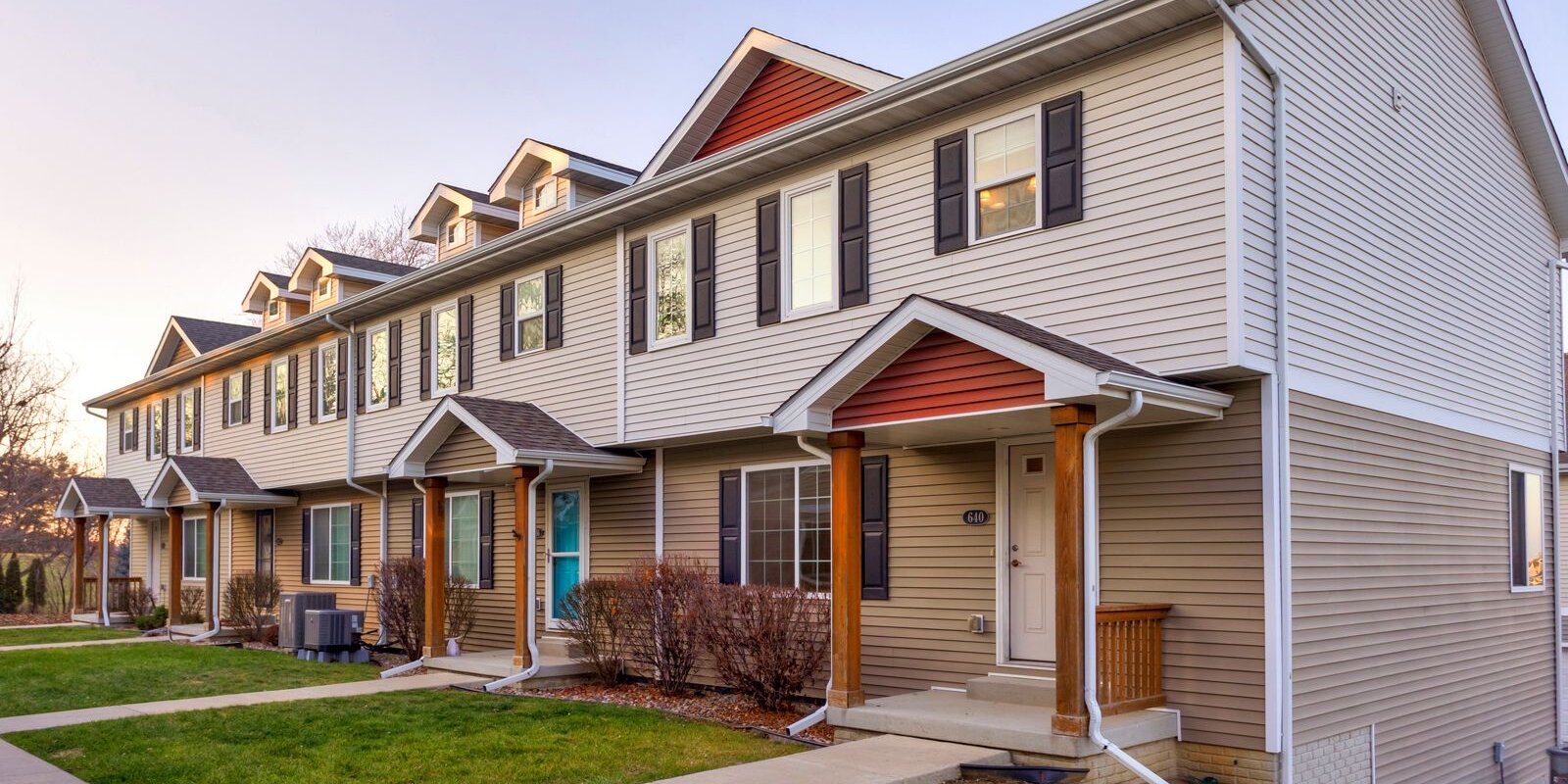Renovating a property can be an exciting endeavor, promising potential increases in value and aesthetic improvements. However, it also comes with its fair share of risks and challenges that every investor and homeowner should be aware of. In this blog post, we’ll explore the common risks associated with property renovations and strategies to mitigate them effectively.
Understanding the Risks of Renovation
Renovating a property involves significant investments of time, money, and effort. Here are some key risks to consider:
1. Budget Overruns
- Scope Creep: As renovations progress, additional repairs or upgrades may be deemed necessary, leading to increased costs beyond the initial budget.
- Unforeseen Issues: Hidden structural damage, plumbing or electrical issues, or outdated building materials may require costly repairs that were not accounted for in the budget.
2. Time Delays
- Construction Delays: Weather conditions, contractor availability, and unforeseen complications can prolong the renovation timeline, delaying the property’s completion and potential income generation.
- Permitting and Approvals: Delays in obtaining necessary permits or approvals from local authorities can stall renovation progress and impact project timelines.
3. Quality of Workmanship
- Contractor Reliability: Hiring inexperienced or unreliable contractors may result in poor workmanship, delays, or the need for costly corrections.
- Material Quality: Choosing substandard materials to cut costs can compromise the quality and durability of renovations, leading to additional repairs in the future.
4. Regulatory and Legal Compliance
- Building Codes: Failure to comply with local building codes, zoning regulations, and permit requirements can result in fines, delays, or legal complications.
- Environmental Regulations: Renovations involving hazardous materials such as asbestos or lead paint require specialized handling to ensure compliance with environmental laws.
5. Market Fluctuations
- Real Estate Market: Changes in the local real estate market, economic conditions, or buyer preferences can impact the property’s resale value and return on investment.
- Interest Rates: Fluctuations in interest rates can affect financing costs for renovation projects, potentially impacting profitability.
Mitigating Risks Effectively
1. Conduct Comprehensive Due Diligence
- Property Inspection: Hire a professional inspector to assess the property’s condition thoroughly before purchasing to identify potential structural issues or hidden defects.
- Detailed Budgeting: Prepare a detailed renovation budget that includes contingency funds to account for unexpected expenses or scope changes.
2. Select Reliable Contractors and Suppliers
- Referrals and Reviews: Choose contractors and suppliers with a proven track record of delivering quality workmanship and reliability. Check references and read reviews before making hiring decisions.
- Clear Contracts: Establish clear contracts that outline project scope, timelines, payment schedules, and expectations for quality standards and compliance with regulations.
3. Obtain Proper Insurance Coverage
- Renovation Insurance: Consider obtaining builder’s risk insurance or renovation-specific insurance coverage to protect against property damage, theft, or liability during renovations.
- Liability Insurance: Ensure contractors and subcontractors have adequate liability insurance to cover potential accidents or injuries that may occur on-site.
4. Stay Informed and Flexible
- Monitor Progress: Regularly communicate with contractors, monitor renovation progress, and address any issues promptly to prevent delays or quality concerns.
- Adapt to Changes: Be prepared to adapt to unexpected challenges or market conditions by adjusting renovation plans, timelines, or strategies as needed.
Conclusion
While renovating a property can be a rewarding investment strategy, it’s essential to approach it with careful planning, thorough research, and risk management strategies in place. By understanding the potential risks involved, conducting comprehensive due diligence, selecting reliable partners, and staying informed throughout the renovation process, investors and homeowners can minimize risks and maximize the potential for a successful and profitable property renovation project. Remember, proper preparation and proactive management are key to navigating the complexities and uncertainties of property renovation effectively.

